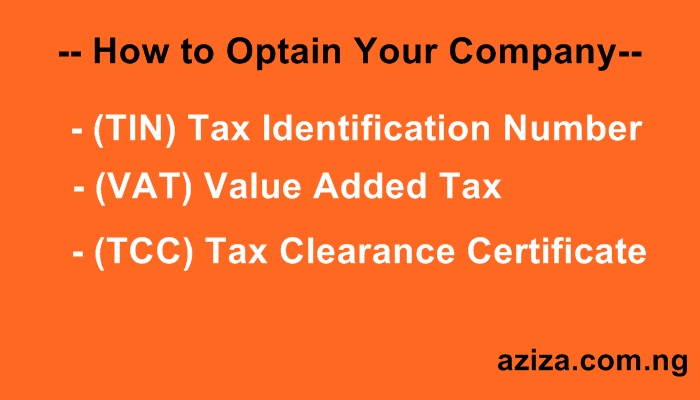In this post, we explained what is Value Added Tax (VAT), VAT rates and VAT Requirements in Nigeria. The key requirements to obtain VAT in Nigeria are, you must have a registered business name or company in Nigeria and Tax Identification Number (TIN).
What Is a Value Added Tax (VAT)?
A value-added tax (VAT) is a consumption tax placed on a product whenever value is added at each stage of the supply chain, from production to the point of sale. The amount of VAT that the user pays is on the cost of the product, less any of the costs of materials used in the product that have already been taxed.
VAT rates in Nigeria
The current VAT rate in Nigeria is 7.5%. Federal government of Nigeria through FIrS raised the VAT rate from 5% on 1st Feburary 2020.
A Value Added tax (VAT) in Nigeria is a type of general consumption tax that is collected incrementally, based on the surplus value, added to the price on the work at each stage of production, which is usually implemented as a destination-based tax, where the tax rate is based on the location of the customer. It is about 5% in Nigeria which is almost the lowest rate in the world.
Read: How to Register Business/ Company in Nigeria
VAT Requirements in Nigeria
- Requirements for Value Added Tax (VAT) Certification in Nigeria:
– Complete Application for Value Added Tax (VAT) Registration Form.
– Copy of Company’s Certificate of Incorporation.
– Copy of Memorandum of Association (MEMO).
– Copy of Corporate Affairs Commission (CAC) Form CAC 2.
– Copy of Corporate Affairs Commission (CAC) Form CAC 7
Value Added Tax (VAT) registration could take one week or less.
Read: How to: Company Tax Clearance Certificate

